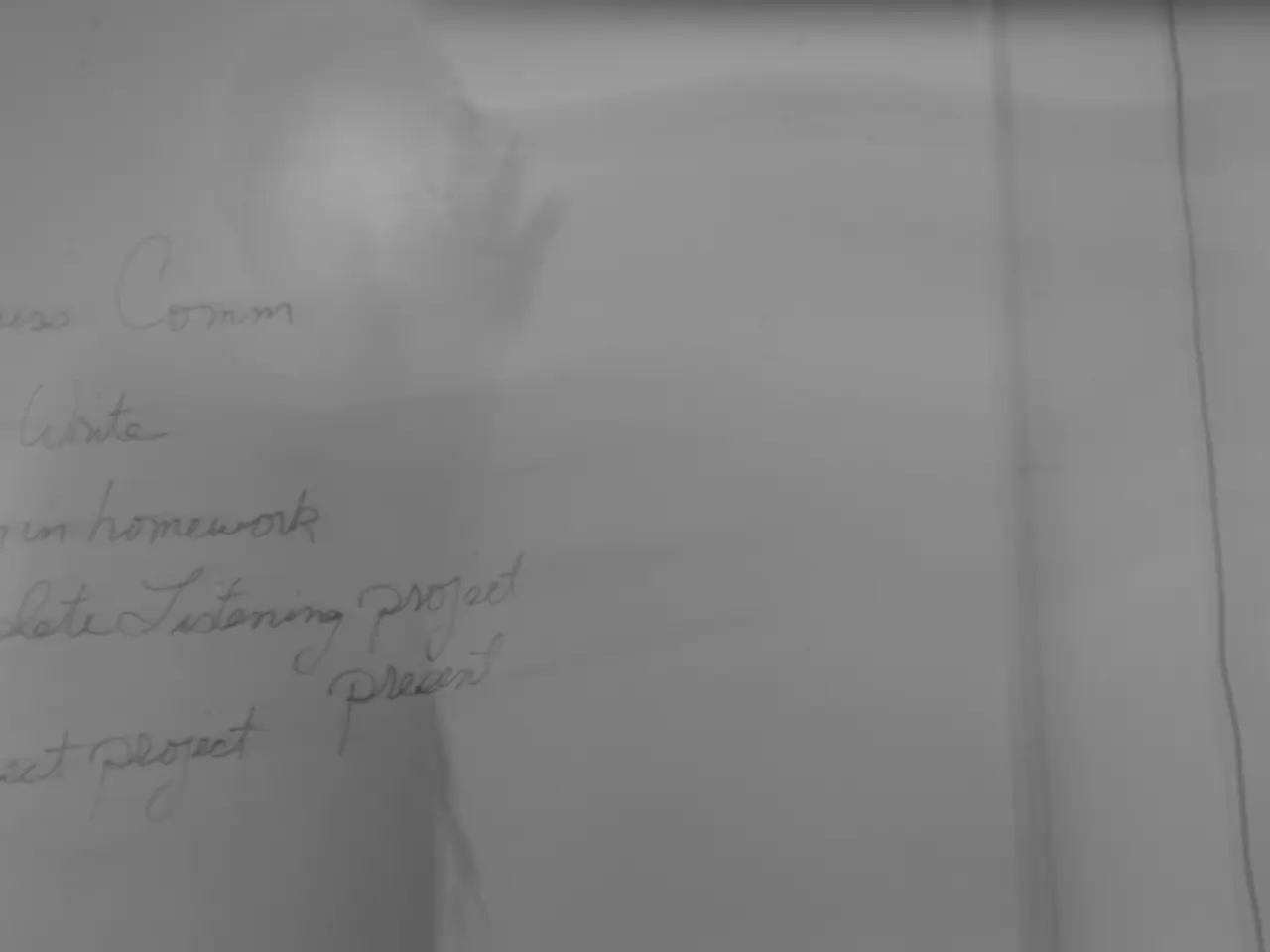U.S. Courts rule Trump's import taxes imposed on Canada and other nations as lawless actions
The U.S. Court of Appeals for the Federal Circuit has upheld a ruling that President Donald Trump's tariffs on Canada and other countries under national emergency provisions were imposed illegally. The decision, which was made on Thursday, follows a case brought by several U.S. state attorneys general and a group of private American businesses.
The majority of justices on the appeals court sided with the trade court in noting that the International Emergency Economic Powers Act (IEEPA) makes no mention of tariffs. They argued that the Trump administration was wrong to argue the president has unlimited tariffing power under that law.
The ruling does not immediately strike down the tariffs but keeps them in place until Oct. 14 to allow for the Trump administration to appeal to the U.S. Supreme Court. If the tariffs are ultimately struck down, the government might have to refund some of the import taxes that it's collected, delivering a financial blow to the U.S. Treasury.
The tariffs on Canada, which do not cover goods traded under the Canada-United States-Mexico Agreement on free trade, were raised to 35% on Aug. 1. This increase was in response to Trump's concerns about the influx of fentanyl from Canada. However, the court's decision does not address whether the President's actions should have been taken as a matter of policy.
Canada has stepped up border security resources and law enforcement operations against domestic fentanyl labs since Trump first threatened his tariffs after his election win in November. Despite these efforts, fentanyl seized at the Canada-U.S. border by American authorities accounts for less than one percent of all fentanyl encountered at U.S. borders, according to U.S. data.
In a dissenting opinion, four of the appeals court judges noted Trump's tariffs on Canada, Mexico, and China have been used as a "bargaining chip" to secure more cooperation on fighting fentanyl trafficking. The White House spokesperson Kush Desai said in a statement that President Trump lawfully exercised the tariff powers granted to him by Congress to defend the national and economic security from foreign threats.
The U.S. Justice Department warned in a legal filing this month that revoking the tariffs could mean "financial ruin" for the United States. Revenue from tariffs totaled a record US$142 billion by July, more than double what it was at the same point the year before.
The court's decision does not provide information about which government institution handles possible presidential objections by Trump regarding the appellate court's decision in Washington, D.C., on tariff removal. The ruling upholds a decision by the U.S. Court of International Trade in May, which found Trump's use of the IEEPA to impose tariffs was unlawful and violated the U.S. Constitution.
The sometimes-stalled negotiations on a new trade and security agreement between Canada and the U.S. resumed this week. The tariffs on Canada are set to be removed starting Sept. 1. The Trump administration has stated that it looks forward to ultimate victory in this matter.
The dissent cited the use of IEEPA during the Iran hostage crisis in 1979, which was upheld by the U.S. Supreme Court, though the law's usage at that time only froze Iranian assets and did not impose tariffs on Iranian goods. This historical reference was not considered in the current ruling.
In conclusion, the U.S. Court of Appeals for the Federal Circuit has ruled that President Trump's tariffs on Canada and other countries under national emergency provisions were imposed illegally. The decision allows for the Trump administration to appeal to the U.S. Supreme Court before any action is taken to remove the tariffs. The ruling has significant implications for international trade and the relationship between the U.S. and its trading partners.
Read also:
- ICE directed to enhance detention conditions following NYC immigrants' allegations of maltreatment
- Israeli finance minister issues warnings about potential annexation of West Bank territories
- United States faces rebuttal from South Africa over allegedly deceitful human rights report and assertions of land expropriation
- Accident at Rodalben Results in Injuries; Geoskop Area near Kusel Affected After Stormy Weather






